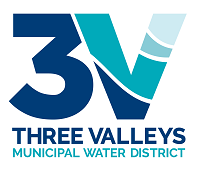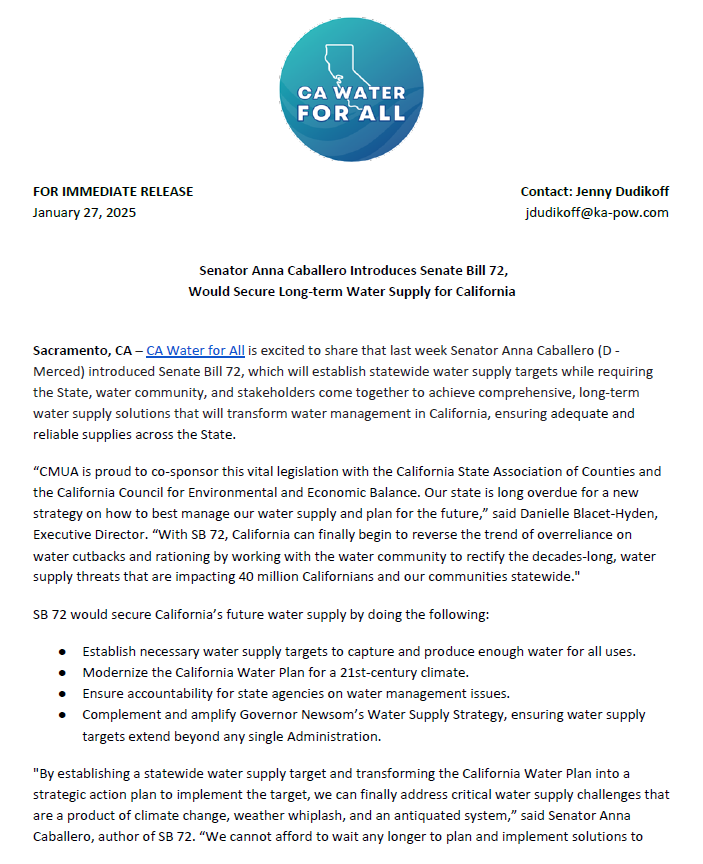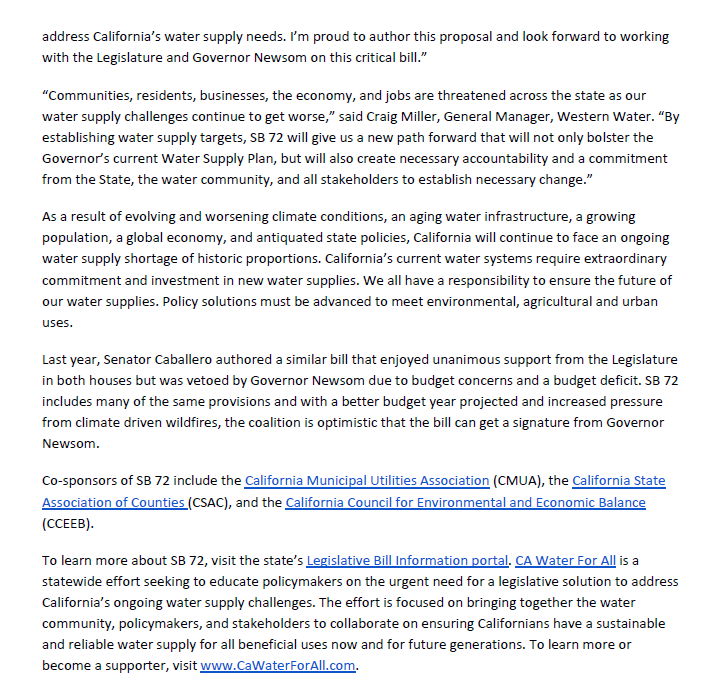Legislative Updates
AB 259 (Rubio, B) - Enhancing Public Access Through Teleconferencing
Background
In support of the original legislation, AB 2449, author Assembly Member Blanca Rubio remarked that remote meetings held over the last few years “demonstrated the value of remote participation options when individuals are unable to attend a physical gathering. The Brown Act ensures that officials and their constituents can have open and transparent meetings, which we now know can occur using modern technology. […] AB 2449 would provide an avenue for constituents to interact with their representatives in situations where they might have not previously been able to."
AB 2449 followed other legislation like Assembly Bill 361 (R. Rivas, 2021) related to the Brown Act. However, while bills like AB 361 were concerned with entire agencies and disaster emergency scenarios posing a threat ti the general health and welfare of all attendees, AB 2449 is more limited in scope. AB 2449 is applicable to individual board members - rather than the entire agency - and is concerned with the specific "just cause" and "emergency circumstances" enumerated within the bill.
Current Legislation
The following state/federal Legislative Priorities for the new 2025-26 legislative session supports the District’s mission and incorporates its overall water supply reliability and water quality objectives.
Legislative Priorities for 2025
1. Introduce legislation to eliminate the new Brown Act (AB 2449) sunset date.
2. If reintroduced, continue active support for the California Water For All (previously introduced as SB 366/Caballero) legislation, educating legislators on the comprehensive, long-term water supply solutions that will transform water management in the state.
3. Continue support for imported water supply resiliency and reliability, including planning for the Delta Conveyance Project, Sites Reservoir Project, Agreements to Support Healthy Rivers and Landscapes (Voluntary Agreements), and development of post-2026 Colorado River operating guidelines.
4. Conserve existing water supplies and adapt to climate change by supporting demand management and water use efficiency, long-term non-functional turf conversion, and a federal tax exemption for water conservation rebates.
5. Advance Pure Water Southern California and other water recycling projects and long-term supply reliability improvements.
6. Support funding for regional conveyance improvements to ensure the region’s water supply is adequate and dependable for all member agencies.
7. Protect drinking water quality and ensure access to safe and reliable drinking water, including upholding the “polluter pays” principle and supporting the ongoing cleanup of contaminated sites along the Colorado River.
8. Support adaptive management for ecosystem restoration in the Bay-Delta and Colorado River watersheds that takes into consideration evolving climate conditions, risk analyses, and best available science.
9. Improve water affordability, especially for disadvantaged communities, without burdening existing ratepayers.
10. Support administrative/legislative actions to amend the Surface Mining and Reclamation Act to eliminate the sunset date to allow Metropolitan Water District (MWD) to continue operating under its existing master reclamation plan.
11. Provide ongoing briefings at Miramar for our local state/federal legislators and staff and prospective future representatives as legislative offices term out and/or retirements take place.
Legislative Policy Principles 2025
The following Legislative Policy Principles are intended to guide and inform the district’s engagement on state and federal legislative and regulatory activities. These principles address key strategic areas of policy that promote the district’s mission to supplement and enhance local water supplies to meet our region’s needs in a reliable and cost-effective manner.
2025 Legislative Policy Principles
1. Drinking Water – TVMWD provides the east San Gabirel Valley region with high-quality, reliable drinking water in an economically responsible way that surpasses all federal and state drinking water regulations.
2. Regional Water Resource Management – Promote collaboration with member agencies to plan for future water supply needs and the challenges ahead in a reliable, cost-effective, and environmentally responsible manner. This involves protecting imported water supplies and water quality, supporting local resource development and advancing water use efficiency.
3. Imported Water Supply – TVMWD provides imported water supplies to its member agencies from two primary sources, the Colorado River via the Colorado Aqueduct (MWD) and the State Water Project through the Miramar water treatment system.
4. Sustainability, Resiliency, and Innovation – TVMWD supports policies and funding that supports sustainable practices that improve water and power system resilience to help member agencies prepare and respond to a rapidly changing environmental landscape. TVMWD strives to fulfill the needs of the current generation without compromising the needs of future generations in an environmentally and economically responsible way.
5. Infrastructure – TVMWD has a strategic priority to invest in key capital projects in our region to enable long-term, reliable water deliveries, as identified in the long-term Capital Investment Plan.
6. System Resiliency – Changes in the climate and increasing weather extremes are potential challenges facing TVMWD. The district must be prepared to respond rapidly to natural disasters and security threats. Resiliency ensures that the water supply and delivery system is strong, can return to service quickly, and is prepared to address future challenges.


